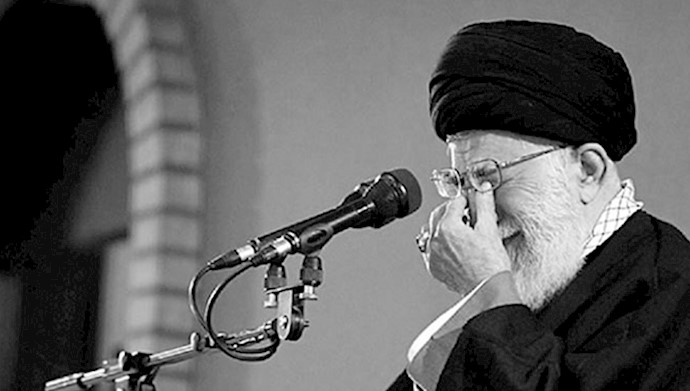Analysis by PMOI/MEK
April 5, 2019 – On March 28, 2019, the UN Security Council unanimously approved Resolution 2462, “Preventing and Combating the Financing of Terrorism,” which requires all UN member countries to criminalize financial assistance to terrorist individuals or groups “for any purpose,” even if the aid is indirect and is provided “in the absence of a link to a specific terrorist act.”
The new UN Security Council resolution effectively tightens Financial Action Task Force’s noose around the corrupt mullahcracy in Iran.
During the Security Council session, Jonathan Cohen, U.S. deputy representative to the UN noted that “today’s resolution obliges Member States to criminalize terrorist financing even in the absence of a terrorist act,” adding that “Member States must implement it in a manner consistent with their obligations under international law. They must also coordinate risk‑mitigation efforts and ensure that humanitarian assistance goes to those in need without benefitting terrorists responsible for their plight.”
“The financing of groups such as Hezbollah, with its long history of destabilizing activities, must be disrupted,” he emphasized, saying the group “is using an increasingly sophisticated array of tools and methods to finance activities that cannot be tackled in isolation.”
“Everyone must recognize Hezbollah and others for what they are — a global threat to security,” he added.
As a reminder, in September 2016, the spokesperson for Hassan Rouhani’s said: “Regarding their concerns about Iran’s relations with Hezbollah, I must say that we are proud of Hezbollah.”
The approval of Resolution 2462 by the world’s highest security body, puts extra pressure on the Iranian regime to approve the necessary bills to conform to FATF standards, the world’s de facto organization for financial transaction transparency.
In a speech broadcasted in June 2016, Hezbollah leader Hassan Nasrallah said: “We are open about the fact that Hezbollah’s budget, its income, its expenses, everything it eats and drinks, its weapons and rockets, come from the Islamic Republic of Iran.”
Speaking in a speech to mark 40 days after the death of a high-ranking Hezbollah commander Mustafah Bedreddine in the Syrian capital Damascus, Nasrallah stated: “As long as Iran has money, we have money… Just as we receive the rockets that we use to threaten Israel, we are receiving our money. No law will prevent us from receiving it…”
Nasrallah made similar remarks more recently.
Following the arrest of a high-level Iranian diplomat in Germany on charges of actively plotting a bombing attack against the annual Paris rally of Iran’s main opposition group, Tehran’s former ambassador to Germany acknowledged his regime’s terrorist activities on European soil.
“Europeans don’t trust us,” he said, adding that, “with two to three wrong acts, the trust that was building was destroyed. To people who think they can protect national interests with some operations or despotic acts, we should say clearly that they are wrong, and their actions aren’t towards increasing Iran’s power but rather against its power.”
“Europeans showed documents about their claims that we can’t easily refute,” he further added.
It’s already a while since the godfather of terrorism is hopelessly floundering in FATF’s quagmire. The problem is so deeply rooted in the ruling theocracy’s philosophy and fundamental mode of behavior that a current member of the powerful Expediency Discernment Council, where the fate of the related bills is under review, describes the issue of joining FATF or not as “walking on the edge of a razor.”
Earlier, Hossein Saffar Harandi, a member of the Expediency Discernment Council, former member of the Iranian parliament, and IRGC commander, said: “Fact is that more than two third of the discernment council members are opposed to Palermo.”
Officially known as the United Nations Convention against Transnational Organized Crime, the convention was initially proposed at a high-level political conference in Palermo, Italy, in December 2000 and came into effect in September 2003.
As of September 2017, only nine UN member states, including Iran, are not party to the Palermo Convention.
The latest UN Security Council resolution adds to the multitude of crises the Iranian regime faces amid a crumbling economy, rising popular discontent and protests, growing international isolation and condemnation, escalating infightings among the ruling elite.
The new Persian year looks already promising for the prospect of a free, secular, and democratic Iran.





